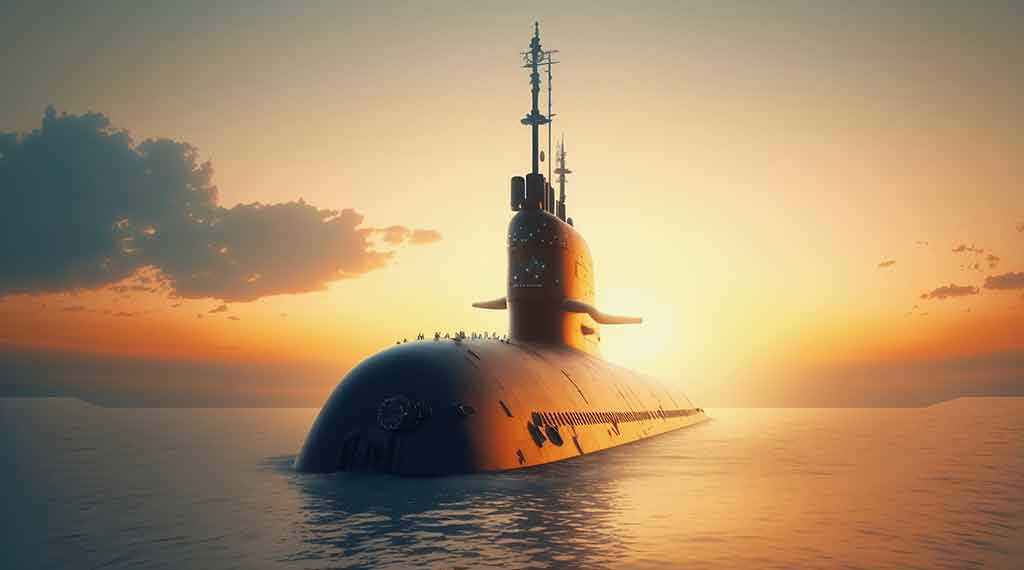Report: Russian navy gathering intel on newest Israeli submarine
INS Drakon, launched in August
last year, features an unusually large sail believed to house vertical
launch tubes for new strategic missiles. The submarine is expected to
carry part of Israel's nuclear deterrent upon entering service,
heightening the sensitivity of its sea trials.
Israel Hayom
Jun 24, 2024
INS Drakon
Two Russian ships have been observed in waters off Kiel, Germany,
coinciding with the expected sea trials of Israel's newest submarine,
INS Drakon, according to Naval News. The vessels, identified as
the Sibiryakov and the Wassili Tatischtschew, are believed to be
engaging in intelligence-gathering activities.
Sea trials are a critical phase for new submarines, exposing them to
potential surveillance from other navies. These tests often reveal
valuable information about a vessel's acoustic signature and performance
capabilities.
Naval analyst Droxford Maritime has provided a detailed analysis of
the Sibiryakov's movements, which align with the likely trial schedule
of INS Drakon. The submarine, constructed by ThyssenKrupp Marine Systems
in Kiel, is understood to be undergoing sea trials.
The Sibiryakov, a Project 865 oceanographic research vessel, is
equipped for acoustic signature measurements of submarines. Naval News
reports that it has previously been involved in Russian submarine trials
in the Baltic and was observed near the Nord Stream pipelines prior to
the September 2022 attacks.
INS Drakon, launched in August last year, features an unusually large
sail believed to house vertical launch tubes for new strategic
missiles. The submarine is expected to carry part of Israel's nuclear
deterrent upon entering service, heightening the sensitivity of its sea
trials.
While details of the submarine and its weapon system remain
classified, the presence of Russian vessels in the area suggests a keen
interest in gathering intelligence on this new addition to Israel's
naval fleet.
The deployment of spy ships to monitor other nations' sea trials is
not uncommon, having been a regular practice since the Cold War era. As
naval technology advances, the value of such intelligence-gathering
efforts remains high for maritime powers seeking to understand potential
adversaries' capabilities.

2 comments:
Good move by Israel. Hard to neutralize strategic asset.
Mexico is still trying to work the kinks out of their adobe submarine program. (USA)
Post a Comment